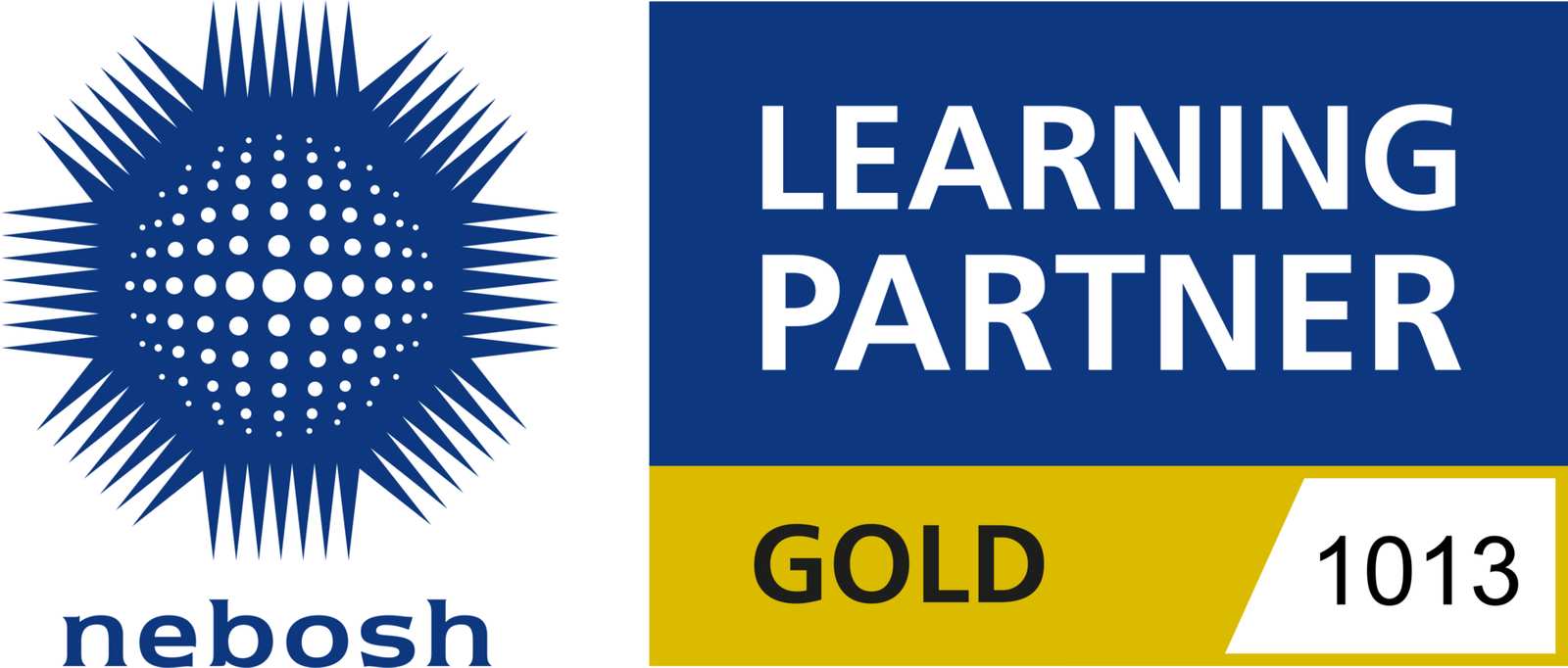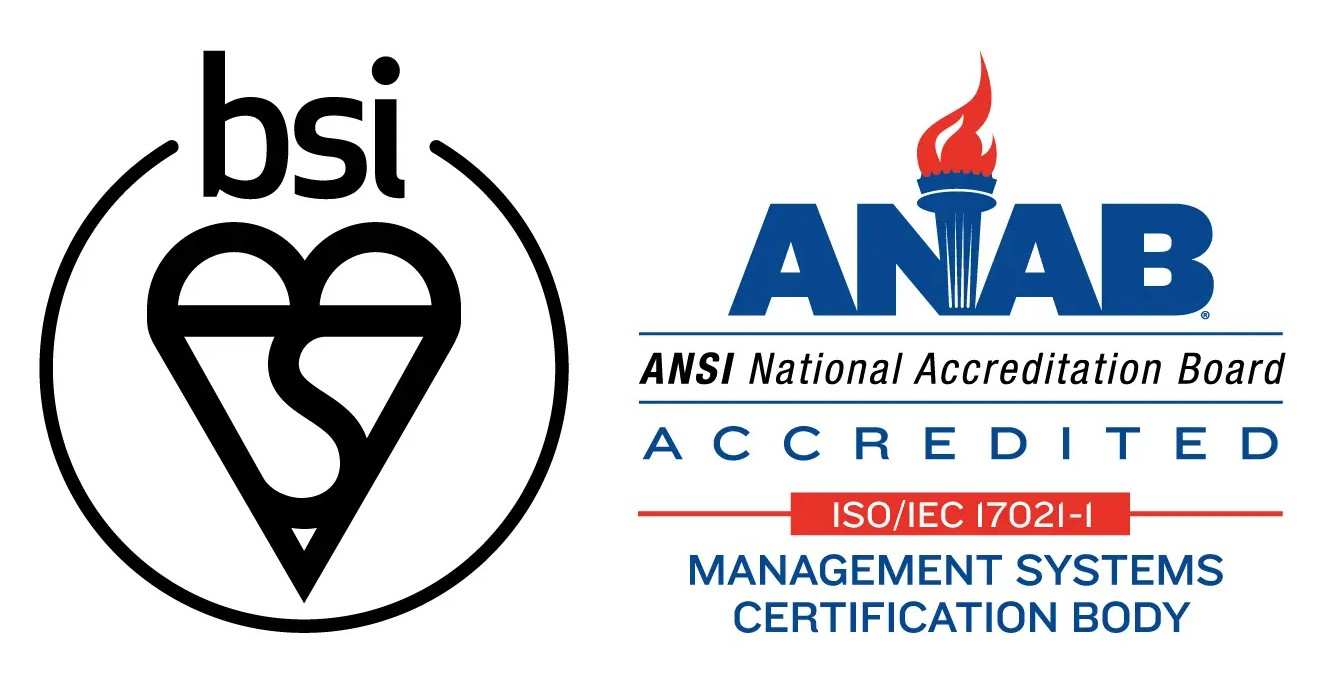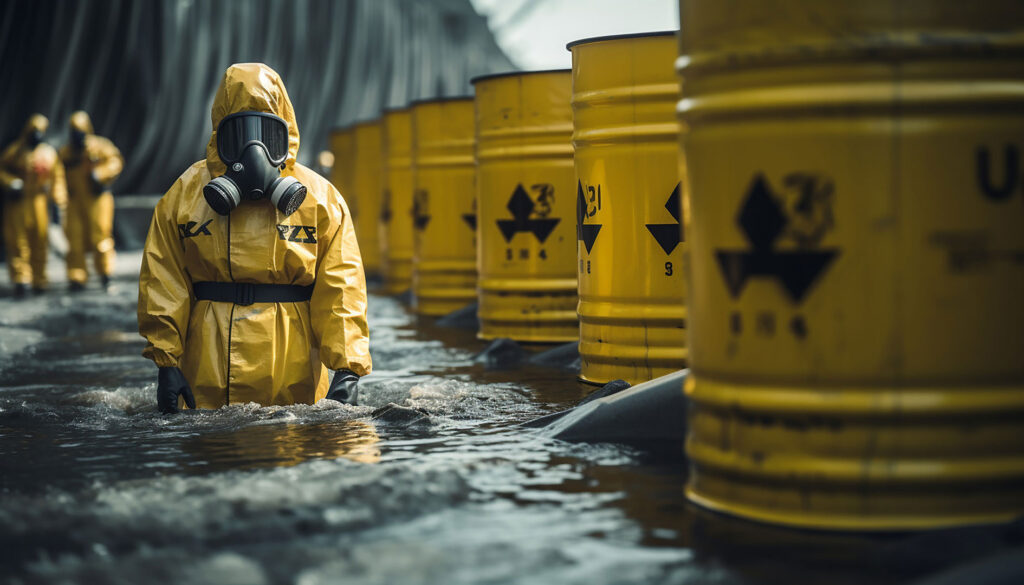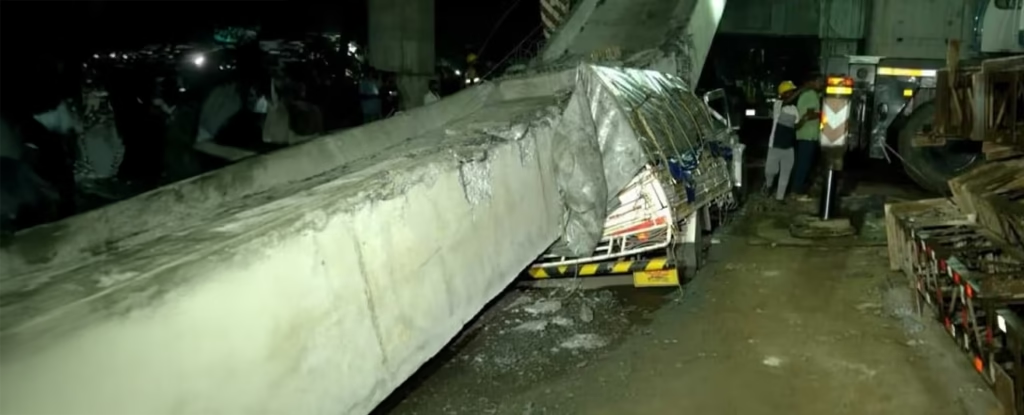Kochi Shipwreck and Chemical Spill: Risks, Precautions & Coastal Safety Guidelines
The Kochi Shipwreck and Chemical Spill made a maritime emergency that has placed the entire coastal ecosystem and local communities on high alert. On May 25, 2025, a Liberian-flagged cargo vessel MSC ELSA 3 carrying hazardous chemicals and hundreds of tonnes of oil and diesel sank off the Kochi coast, prompting fears of ecological disaster and public health risks.
What Happened Off the Kochi Coast?
The MSC ELSA 3, en route from Vizhinjam to Kochi, reported a 26-degree tilt about 38 nautical miles southwest of Kochi. Following this, the ship rapidly took on water and ultimately sank with 640 containers, including:
84.44 metric tonnes of diesel
367.1 metric tonnes of furnace oil
Containers of Marine Gas Oil (MGO) and Very Low Sulphur Fuel Oil (VLSFO)
12 containers of calcium carbide
Why This Is Alarming:
Fuel spills threaten the marine ecosystem, fisheries, and coastal livelihoods.
Calcium carbide, when it reacts with water, generates acetylene gas, which is extremely flammable and dangerous.
The chemical reaction also produces calcium hydroxide, increasing alkalinity and threatening aquatic life.
How Dangerous is Calcium Carbide in Seawater?
When calcium carbide contacts water, it releases acetylene gas, a highly flammable compound. In large amounts, especially in confined areas or when trapped in containers, this gas can pose an explosion hazard.
Moreover, the calcium hydroxide produced increases the pH level of the surrounding seawater, severely affecting marine flora and fauna by:
Reducing oxygen levels
Disrupting reproductive cycles
Killing smaller organisms at the base of the food chain
What Should Fishermen & Coastal Communities Do Now?
For Fishermen:
Avoid fishing trips until official clearance is given.
Refrain from venturing near or retrieving floating containers or oil traces.
Ensure all boats have proper radio or mobile communication with shore-based stations for updates.
Wear PPE (gloves, boots) when around potentially contaminated materials.
Report sightings of oil films or floating cargo to the nearest police or disaster control authority.
For Coastal Residents:
Stay away from beaches if you spot containers, oil slicks, or dead marine life.
Report unusual smells or visible chemical slicks.
Do not touch or attempt to open washed-up containers.
Stay tuned to KSDMA alerts, especially in areas like Kochi, Alappuzha, and Kollam.
Government & Society: What Needs to Be Done
Government Actions Required:
Immediate containment booms and oil skimmers must be deployed to prevent shoreline contamination.
Enhanced aerial and satellite surveillance to monitor spread.
Mobilize hazmat experts to study calcium carbide containers.
Conduct awareness drives for fishermen and coastal residents on identifying and handling hazardous waste.
Collaborate with international marine safety bodies for cleanup and long-term monitoring.
How Society Can Help:
Avoid panic, trust only official sources for updates.
Participate in community awareness programs about marine pollution.
Support coastal clean-up drives (post-clearance).
Spread social media awareness responsibly, avoiding misinformation.
The Way Forward: Responsibility, Awareness & Action
Kochi Shipwreck and Chemical Spill is not just a marine accident. It’s a wake-up call about how close ecological disaster can strike, even in non-border states like Kerala. In a state heavily reliant on tourism, fisheries, and coastal biodiversity, every step matters.
From fishermen staying safe to students learning about marine hazards, from government agencies deploying resources to citizens acting responsibly, it takes collective awareness and preparedness to ensure incidents like these don’t translate into long-term damage.









